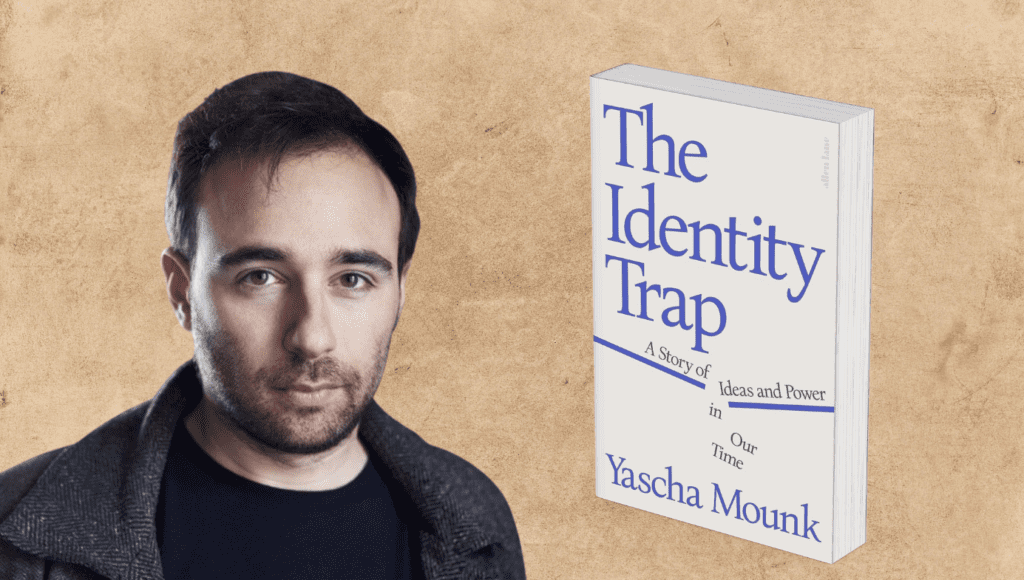I will say, that by-elections are often the most unpredictable things. – Peter Mansbridge, on a recent episode of his podcast, The Bridge.
The outcome of the by-election in Portage-Lisgar, Southern Manitoba, will determine the future of conservatism in Canada. Maxime Bernier, head of the Right-wing populist People’s Party of Canada (PPC), is seeking to undo the dominance of the Conservative Party of Canada (CPC), which he argues is failing to uphold genuinely conservative values.
Outflanking the CPC from the Right
To outflank an establishment Right-wing party from the Right, the challenger is well disposed to choose an area dominated by the party’s base. Portage-Lisgar fits the bill. Unlike the Toronto and Vancouver suburbs so critical to Canadian elections, Portage-Lisgar is a solidly conservative, rural riding.
From its creation in 1997 until the present day, the riding’s electors have voted exclusively for Right-wing parties. This trend began with the Reform Party, continued with its successor, the Canadian Alliance, and was followed by the CPC. This staunchly Right-wing riding was represented in Parliament by Brian Pallister from 2003-2008, who went on to serve as Manitoba’s Premier from 2016 until 2021. From 2008 until 2023, it was represented by Candice Bergen, until she resigned her seat.
The Culture War By-Election
In order for an outflanking manoeuvre to be successful, the challenger must campaign on an important issue which the party’s base feels strongly about, but the party establishment is not committed to defending. Since Covid measures are no longer relevant, Bernier must find a new issue on which the attitudes of the public and the official stance of the CPC establishment diverges.
He has chosen to turn the Portage-Lisgar by-election into a referendum on the culture wars. For the current round of by-elections, the PPC candidates are running under a “Families First Plan”: “Stop the Evil Gender Ideology”, “Protect the Unborn”, “Reject Climate Hysteria”, “Common Sense Gun Laws”, and “Stop the Woke Cult”. Of particular note is the promise to “protect the unborn”, which refers to Bernier’s pledge to reopen the debate on abortion in Canada, by introducing a private member’s bill prohibiting third-term abortion. This appeals to the Christian conservative element of the CPC base, a potentially astute strategic choice in a highly religious riding like Portage-Lisgar, as I will touch on below.
The rest of these points are notable in that they consist entirely of social and cultural issues, with no emphasis on economics. Politicizing the immaterial aspects of life, the vision of society that voters would like to see, is vanishingly rare in Canada. The political and cultural establishment proclaims these issues to be largely settled, and debate is narrowly circumscribed to procedural and financial issues, such as tax rates, inflation, and natural resource extraction.
Bernier is operating outside this paradigm, wagering that the CPC base believes their representatives in Parliament to be failing to uphold the conservative vision of a traditional, orderly, stable society. In a recent email to supporters, Bernier summed up the worldview which he believes differentiates himself from the CPC establishment: “Conservatism is about more than just boutique tax credits, free markets, and blue ties. It’s about conserving the identity and moral values of our nation”.
This new emphasis on holding the CPC to account for its failure to fight the culture wars reflects a process of re-evaluation, on Bernier’s part, on the nature of conservatism. While the libertarian firebrand has certainly not ditched his commitment to reducing the size of government, and continues to believe in paying off Canada’s debt and returning to the gold standard, he has come to believe that the problems the country faces are much deeper.
More and more frequently, the PPC leader expresses his vision of a country in decline: an educational system beset by wokeness, young families unable to own homes, rising crime in the big cities, and the disintegration of a unifying Canadian identity in the face of unrelenting, large-scale immigration.
Increasingly, Bernier worries about a serious moral backsliding in Canada. This concern can be seen in his reaction to a killing outside a Vancouver Starbucks on March 26th, in which a father was stabbed when he asked a man to stop vaping near his child, while bystanders appeared to do nothing. In a video posted to social media, titled “What is happening to our country??”, Bernier condemns the inaction of the witnesses, lamenting that “the moral fibre of our society is gone”. Explaining that disturbing public violence of this sort did not take place in the Canada he grew up in, Bernier closes the video with a call to “restore the strong moral values that made us great”, and “clean up our streets and our society”.
By making the culture wars central to the Portage-Lisgar by-election campaign, Bernier is betting on another distinctive feature of the riding. Not only is it a thoroughly Right-wing riding, it is a highly Christian riding, setting it apart from a secularizing country. Reflecting the Mennonite heritage of Southern Manitoba, Portage-Lisgar had the highest percentage of native German speakers (23.6%) of any riding in Canada. The riding’s religious statistics record that the large majority of residents are some denomination of Christianity, with the largest portion (35.4%), marked as “Other Christianity” – referring to the large Mennonite population.
During the 2021 federal election, the PPC vote in Portage-Lisgar skyrocketed to 21.58%, up from just 2.62% in 2019. This jump was in large part due to the PPC making opposition to Covid mandates the central focus of its national platform. This had a particular appeal in the Mennonite communities of Southern Manitoba, in which opposition to church closures, and skepticism of the Covid vaccines, was much higher than in the general Canadian population. Bernier’s campaign is hoping that social and cultural conservatism will be a similarly motivating factor.
The PPC is drawing a clear contrast for voters in Portage-Lisgar. They allege that the CPC establishment does not resist the Left’s cultural advances, and tends to relegate the religious Right to the backbenches. Bernier, on the other hand, will vigorously fight the culture wars that Right-wing Canadians care about, while advancing legislation which reflects the stance of Christian conservatives. Giving voice to the social and culturally conservative strain in the party which the CPC establishment ignores could deliver significant results in a Right-wing riding with a strong contingent of traditional-minded Mennonites.
Will the CPC Base Make their Voice Heard?
In 2014, in one of the most stunning losses in modern American political history, Republican House majority leader Eric Cantor was defeated by a margin of ten points in a primary election. His opponent was Dave Brat, an economics professor backed by the Tea Party. In the last month before the election, Cantor spent $1 million, while Brat raised $100,000 throughout the entire election. Brat’s insurgent campaign had centred on accusing Cantor, a thoroughly establishment politician, of betraying the Republican base by not taking a suitably hardline position on illegal immigration.
The unseating of Eric Cantor demonstrates that an upstart populist candidate can unseat an establishment Right-wing politician if they hit upon an issue which the party establishment ignores, but party base cares deeply about. Upsets of this nature can have profoundly transformative effects on the ideology of the party.
Dave Brat’s stunning victory was followed by Trump’s even more stunning success in the 2016 Republican primary, defeating eleven mostly establishment competitors, and his subsequent victory in the 2016 national election. These upsets led to the replacement of the country club Republican elite, with its acquiescence to the Left’s social and cultural agenda, and its emphasis on free markets, free trade, and foreign military entanglements.
The Republican party of today, characterized by isolationism, immigration restriction, some degree of government involvement in society and the economy, and a fierce commitment to fighting the culture wars, is much more aligned with the party base which brought Dave Brat and Donald Trump to office.
Thus, there is strong precedent for a successful outflanking of an establishment conservative party by a Right-wing populist. The strongly Right-wing, notably Christian riding of Portage-Lisgar may be especially likely to produce an election upset of this nature. The CPC base, angered by the imposition of political correctness and gender ideology, wary of Left-wing social engineering in schools, opposed to unrelenting mass immigration, and desiring a return to tradition and middle-class morality, has a chance to send a strong message to a party establishment which is hesitant to fight the culture wars.
If Bernier wins in Portage-Lisgar, the Canadian Right will join the political shift currently underway in the United States and England, away from its single-minded focus on the free market, towards a traditional conservatism centred on country, family, social cohesion and national identity.
All content on this website is copyrighted, and cannot be republished or reproduced without permission.
Share this article!




The truth does not fear investigation.
You can help support Dominion Review!
Dominion Review is entirely funded by readers. I am proud to publish hard-hitting columns and in-depth journalism with no paywall, no government grants, and no deference to political correctness and prevailing orthodoxies. If you appreciate this publication and want to help it grow and provide novel and dissenting perspectives to more Canadians, consider subscribing on Patreon for $5/month.
- Riley Donovan, editor